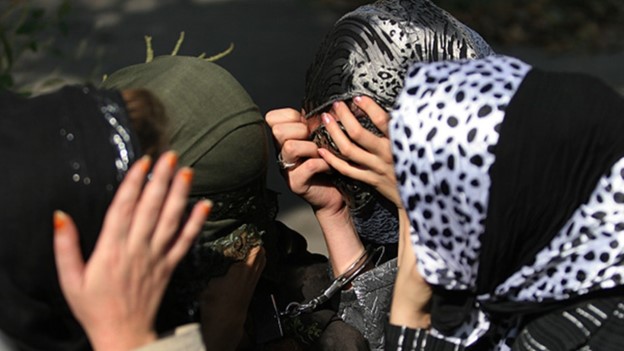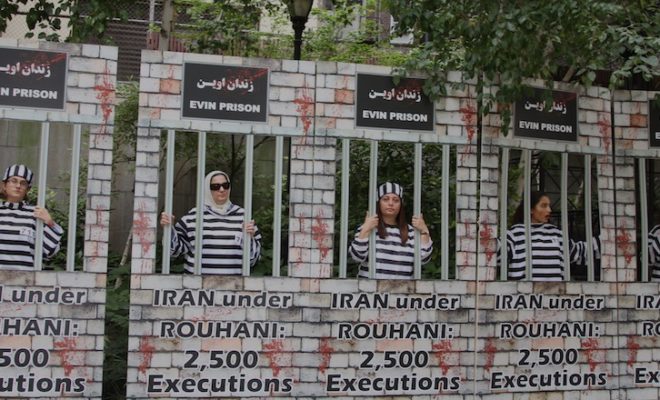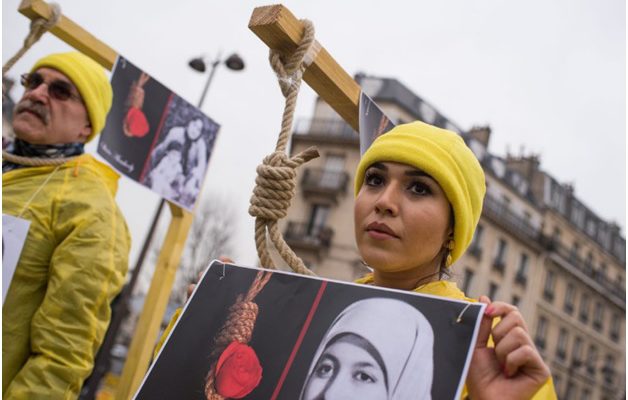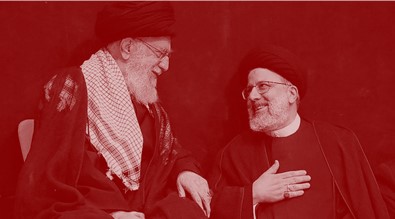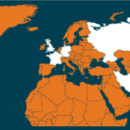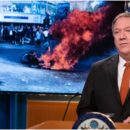Aligning the global response to Iran’s human rights violations
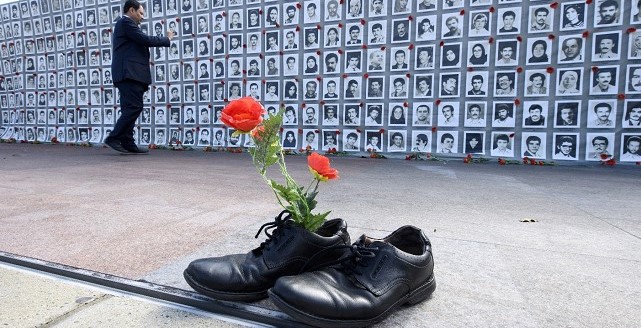
Amir H. Heidarian 10/16/2017
JS – The administration of President Donald Trump has begun pushing for a dramatic shift in U.S. policy toward the Islamic Republic of Iran. Even before taking office, the president was clear about his antipathy for his predecessor’s nuclear deal, representative of a conciliatory strategy unfortunately embraced by other Western powers.
The role of the Trump administration has been not just to enforce an assertive shift in American policy; it has been to convince the international community to make a similar shift, as well. Trump’s speech to the United Nations was illustrative. In it, he pulled no punches, describing the theocratic regime as hiding behind a guise of democracy while acting contrary to the interests of its own people.
In injecting reality into a flailing approach, there are aspects of Iran policy on which both the United States and the broader international community can agree, and motivate each other toward urgent comprehensive action. Chief among them is the need to do more on human rights.
As Trump rightly pointed out, there will come a day when the Iranian people face a choice to throw off the tyrannical theocracy that has been ruling them for nearly 40 years. When that day comes, it will be primarily in response to domestic issues — the tremendous suffering that has been imposed directly on the people by repressive security forces and self-serving authorities. And that day will come more quickly if the people of Iran are confident that the world community is prepared to support them when they fight back.
To some extent, the United Nations has sent that message with sanctions resolutions calling attention to the Islamic Republic’s serious violations of human rights. But this is essentially the very least that the world can do. Although Tehran is routinely rebuked for its most recent crimes, there are other, far worse crimes that have been long ignored by the world at large, and specifically by the United States, including the Trump administration.
Foremost among these is the massacre of an estimated 30,000 political prisoners, most of them activists of the main Iranian opposition movement, the People’s Mojahedin Organization of Iran (PMOI/MEK) in the summer of 1988. The carnage followed a fatwa by the Islamic Republic’s founder, Ruhollah Khomeini, declaring opponents of his theocracy enemies of God subject to summary execution. Regime authorities responded by setting up “death committees” throughout the country to briefly interrogate political prisoners already serving, or finished serving, their sentences. Those deemed disloyal, some of whom were teenagers and pregnant women, were executed several persons at a time and buried in secret mass graves.
The massacre was virtually ignored, as the West focused on identifying signs of moderation inside the Iranian regime. This trend should be familiar to anyone who heard the Obama White House and its European counterparts building a narrative of moderation around Iranian President Hassan Rouhani.
The Trump administration has made it clear that it shares no such gullibility. Current officials rightly make no separation between Rouhani and the rest of the clerical regime, which he has loyally served since long before the 1988 massacre. But the administration has yet to call attention to the 1988 killings, for which no Iranian official has ever been brought to justice.
The UN Secretary General recently presented the latest report of the special rapporteur on the situation of human rights in Iran, who cites the massacre for the first time. This is a significant step toward lifting the veil of silence, but it is not necessarily a step toward properly addressing the events. Apparently, the UN remains prone to the sort of naiveté that defined Obama-era policies. Its report urges the Iranian regime itself to conduct an investigation, without regard for the fact that the regime has spent the intervening 29 years trying to sweep the atrocity under the rug.
As the White House works to spread its new perspective among other Western powers, it should also place more emphasis on the crucial need for international pressure to expose past crimes and prevent them from being repeated.
In the context of current deliberations at the UN on the latest resolution regarding Iran’s human rights record, the U.S. and the UN can work together to make up for past deficiencies. A united assertive approach can ensure that the world community is both willing to act and aware of where action is needed in confronting the ongoing malign activities of the Islamic Republic.
Amir H. Heidarian, a resident of Mequon, is president of the Iranian American Community of Wisconsin, a member of the Organization of Iranian American Communities (OIAC-US).
